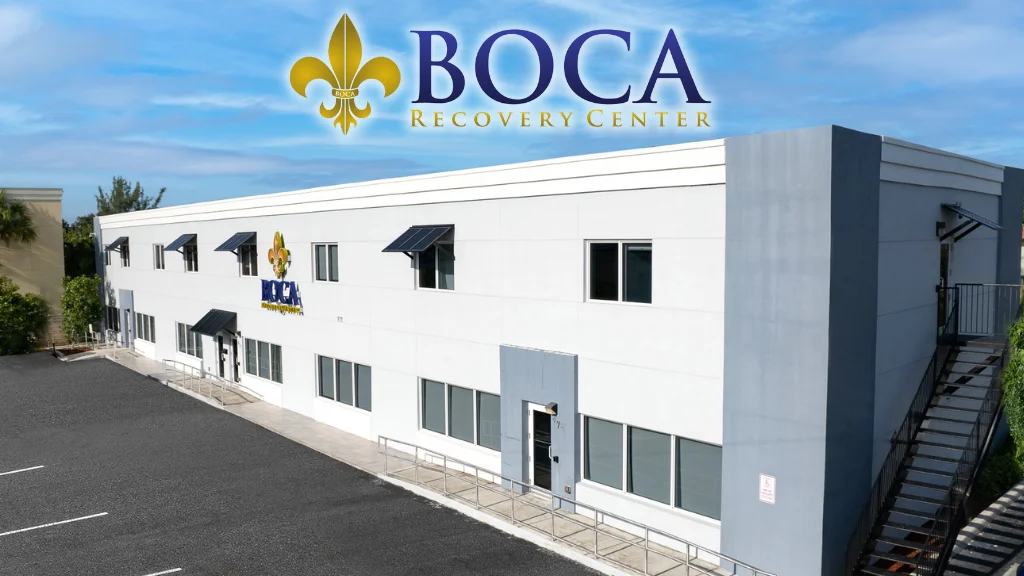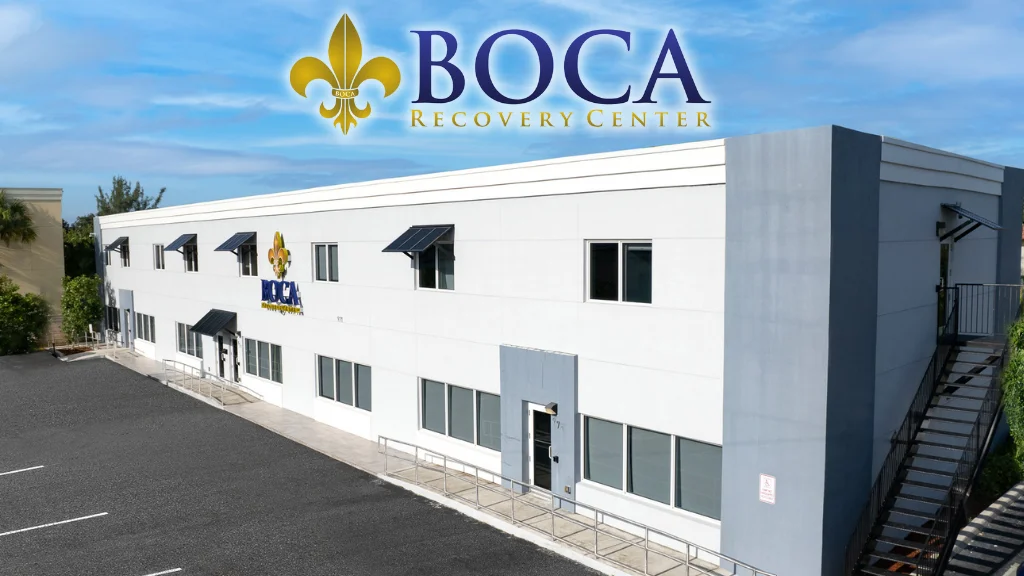Boca Recovery Center Information
Accreditations
-
The Joint Commission
The Joint Commission accreditation for addiction and behavioral health is a prestigious recognition signifying a facility's commitment to delivering high-quality care and safety for individuals dealing with substance abuse and mental health issues. It involves rigorous evaluations and assessments, ensuring patients receive evidence-based treatment and exceptional care. This accreditation demonstrates a facility's dedication to continuous improvement and ethical practices, building trust among patients and healthcare professionals seeking top-tier addiction and behavioral health services.

-
LegitScript
Only programs and services that successfully navigate a stringent application process launched in 2018 are granted LegitScript certification. This stringent process ensures that only reputable providers of mental health and co-occurring substance abuse treatment are eligible to be featured on Google's network while complying with HIPAA privacy laws.

-
State department of health
Government agencies issue State Licenses, granting rehabilitation organizations permission to operate their businesses legally within specific geographic regions. The licenses needed for legal operation are typically determined by the type of rehabilitation program offered by a facility and its physical location.

Additional Locations
Find the best treatment options. Call our free and confidential helpline today!








